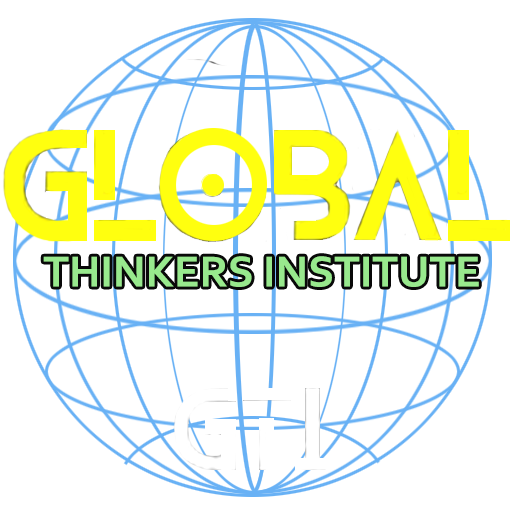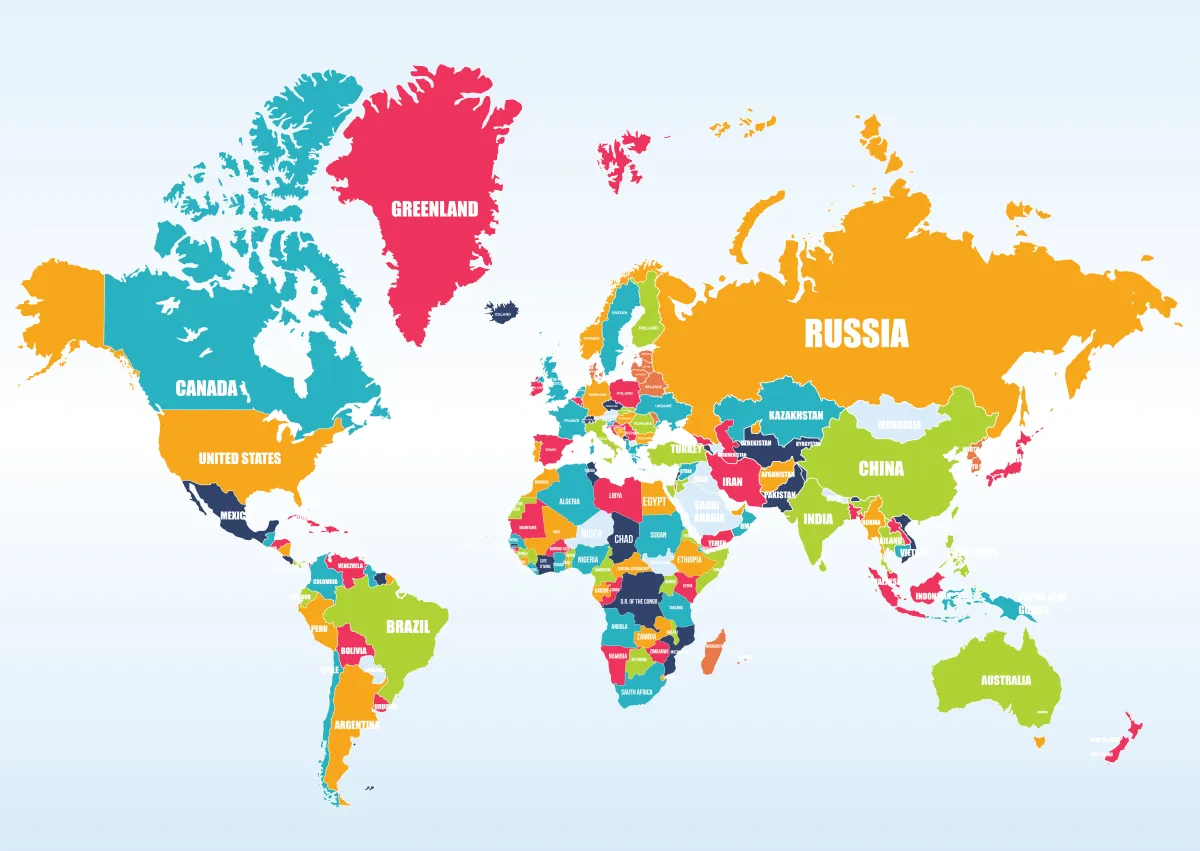BY MUHAMMAD MA’RUF, Ph.D
Director, Global Thinkers Institute (GTI), Observer, Researcher on Geo-Philosophy, Geostrategy, and Defense.
GTI-The nineteenth century is usually described as a multipolar century, but is also sometimes referred to as a bipolar or unipolar century. Multipolarity refers to the number of large countries in the European system and the absence of Cold War-type bipolarization (cluster bipolarity).
Some have described the period 1815–1853 as a bipolar period with Britain and Russia as European superpowers separated from the other major powers. In the economic field there was British unipolarity for most of the century. Bipolarity was then held by the USA versus the USSR during the second world war until 1991. After the USSR collapsed, the USA held Unipolarity with the tools of NATO and the European Union. Furthermore, after world economic growth driven by China surpassed that of the USA and along with the war between Russia and Ukraine, the compatibility of USA's unipolarity was questioned. Each major country, especially outside the USA alliance, offers the Multipolar concept. This article will discuss the significance of the current meaning of Multipolar.
Multipolar in media
The term multipolar is widely discussed in the media, because journalists quote state officials in regional and international meetings. Then from there it was discussed by scientists in the study of International Relations, Geopolitics, Geostrategy, Security and Defense in journals and scientific discussion sessions.
For example, the 20th Annual Meeting of the Valdai Discussion Club, 2–5 October 2023 took the big title “Fair Multipolarity: How to Guarantee Security and Development for Everyone” in Sochi, Russia. Attended by 140 experts, politicians and diplomats from 42 countries in Eurasia, Africa, North and South America, the majority of guests were foreign participants.
In recent years, Valdai Club reports have analyzed in detail the dynamics of changes in the world order – first the crisis, and then the dismantling of the old world. The collapse of the previous system of international relations has occurred. The concept of multipolarity also emerged. This year, participants tried to produce a new picture of the world: for example, what the world will look like at the beginning of the next decade.
Influential political actors and journalists repeatedly mention a “multipolar world order” in their speeches and writings. Former US Secretary of State Madeleine Albright, the first to call the US an “indispensable nation”, announced on February 2, 2000 that the US did not want to “build and enforce” a unipolar world and that economic integration had created “a certain world, which could even called multipolar.” On January 26, 2007, a New York Times editorial spoke directly of “the emergence of a multipolar world,” along with China, which is “taking a position on an equal footing with other centers of power, such as Brussels or Tokyo.”
The 2008 US National Intelligence Council report on “Global Trends 2025” stated that the rise of a “global multipolar system” was expected to occur in the next two decades.
“In 2009, many people considered US President Barack Obama to be the harbinger of the “era of multipolarity,” and thought that he would give priority in American foreign policy to emerging power centers, such as Brazil, China, India, and Russia. On July 22, 2009, Vice President Joe Biden announced during a visit to Ukraine that the US “will try to build a multipolar world.”
However, books, articles, statements quoted by the media do not reflect a precise and definitive definition of what is meant by a multipolar world (MW), and what is more, there is no systematic and consistent theory regarding this matter.
The construction of the Theory of Multipolar World (TMW) seems like a call for "multipolarity" in response to the process of globalization, the center and core of the modern world (US, Europe, and, more broadly, the 'Global West') which cannot be contested. Competitors emerged, China, India, Iran, Russia, regional countries and developing blocs of countries, entering the category of 'Second' world.
Efforts Toward Elaboration of TMW
If viewed from a purely scientific point of view, a complete Theory of a Multipolar World (TMW) does not currently exist. We will not find it on the shelves of classical theories and paradigms of International Relations (IR). Moreover, the construction of the IR curriculum version from the First World-Western Bloc is not fair in looking outside the framework of Western interests.
Nevertheless, an increasing number of works dealing with foreign policy, global politics, geopolitics and international relations are dedicated to the topic of multipolarity. An increasing number of authors are trying to understand and describe multipolarity as a model, phenomenon, precedent, or possibility.
Some authors have mentioned such as; David Kampf (in his essay “Emergence of a Multipolar World”), Yale historian Paul Kennedy (in his book The Rise and Fall of the Great Empires), geopolitician Dale Walton (in his book Geopolitics and Great Powers in the 21st Century: Multipolarity and Revolution in Strategic Perspective), American political scientist Dilip Hiro (in the book After Empire: The Birth of a Multipolar World). It needs to be studied seriously by British IR expert Fabio Petito who explains the essence of multipolarity. Petito tried to build a serious and reasoned alternative to a unipolar world based on the legal concepts and philosophy of Carl Schmitt.
A comparison of the potential of the US and Europe, on the one hand, and the emerging centers of new power (China, India, Russia, Latin American countries, etc.), on the other, further convinces of the relativity of these countries. The traditional superiority of the West raises new questions about the logic of long-term processes that determine the architecture of global power on a global scale, in the fields of politics, economics, energy, demography, culture, and others.
Both media and expert notes are certainly very important in the context of understanding, especially for building the Multipolar World Theory. However, it should be noted that these are only fragments, sketches and can certainly fail to reach a reliable level of theoretical and conceptual generalization.
The fundamental reason why the concept of a Multipolar World is gaining significance and relevance is because calls for a multipolar world order are increasingly heard at official summits, international conferences and congresses. This means that unrest at the diplomatic level is increasingly widespread along with Unipolar practices that are not relevant to the current situation.
Another thing, references to the definition of the concept of Multipolarity are widely sought because it is related to a number of important international agreements and in texts on the concept of national security and defense strategies in many influential and powerful countries, such as China, Russia, Iran and parts of the European Union).
Therefore, it is necessary to take serious steps to begin the full elaboration of a theory about a multipolar world in accordance with the basic demands of an academic and scientific approach adapted to the level of real needs in the field of diplomacy.

